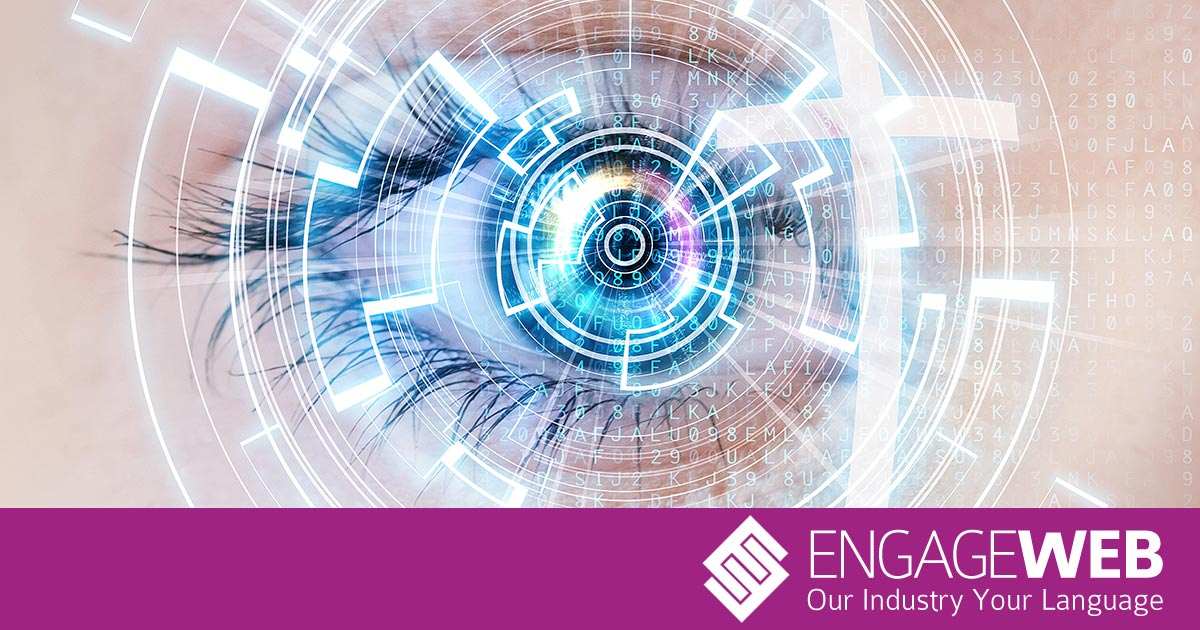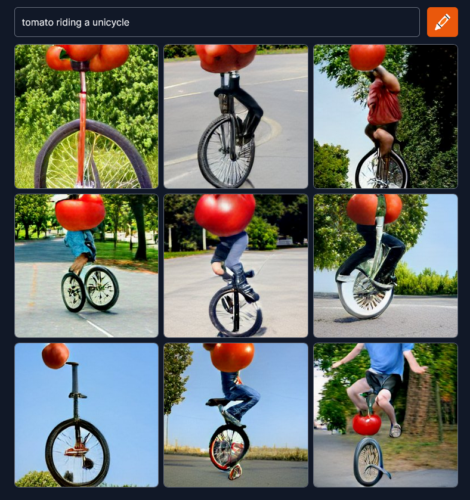Tools like Google Image Search are great for finding a selection of pictures relating to your search, and free image websites like Pixabay allow you to use them on your own website without any copyright concerns, but what if you want a picture of something too specific for there to be any stock images of it?
Over the weekend, I discovered the website Craiyon.com, which promises to deliver a selection of images based on your prompt, created by artificial intelligence (AI).
Obviously this was too enticing an invitation for me to pass up so, as you do, I started by asking it for a picture of a tomato riding a unicycle. Here’s what I got:
After that, I was interested to see what it would look like if a giraffe visited Birkenhead. Here was my answer:
A look on Twitter shows how many people are using the tool to bring their weird and wonderful ideas to life, with some examples below.
“Plague doctor in Pingu”#pingu #plaguedoctor#craiyon#dallemini#dalle#aiart#aiartwork pic.twitter.com/pnWsJZAcN9
— craiyoniac (@craiyoniac) July 20, 2022
Courtroom sketch of Darth Vader’s murder trial.#craiyon pic.twitter.com/ZFaoDEIoKB
— Stephen Roddy (@StephenRoddy) July 13, 2022
The Virgin Mary drinking a few beers#craiyon #craiyoncreations #AiArt pic.twitter.com/RbBOFKsu2Q
— sigh 🏴☠️ (@keyfobz) July 21, 2022
#investing in next big #Currency #craiyon #dalle #dalleMini pic.twitter.com/maU8hR4lMg
— made on craiyon🖍 (@CraiyonOn) July 11, 2022
The tool is fun and impressive, if a little bit disturbing – I found myself using the “piece of paper over the screen” technique to reveal the images slowly as some of them can be surreal to the point of being frightening – but does it have any practical purpose?
Can I use images from Craiyon on my website?
Craiyon’s Terms of Use seem to suggest that using its images commercially is prohibited in the same way as taking images straight from a Google Image Search would be. The site does welcome personal use of the images though, and encourages sharing them on Twitter and its own forum.
It could also be argued that the images are usually too bizarre and nightmarish to be of much use. In particular, images of people’s faces look distorted and often grotesque. Craiyon addresses this in its FAQs, saying it is down to limitations with its image encoder and the site is working on improving this.
At present, AI tools like this inspire the imagination, but their practical use is questionable, and conventional images remain the better option for commercial use. If you’d like to improve the imagery and design of your website, have a chat with us at Engage Web.
- How to find a circular reference on Excel - May 23, 2024
- Five life skills learned from internet marketing - January 3, 2024
- How artificial intelligence can (and can’t) help you write content - September 29, 2023





